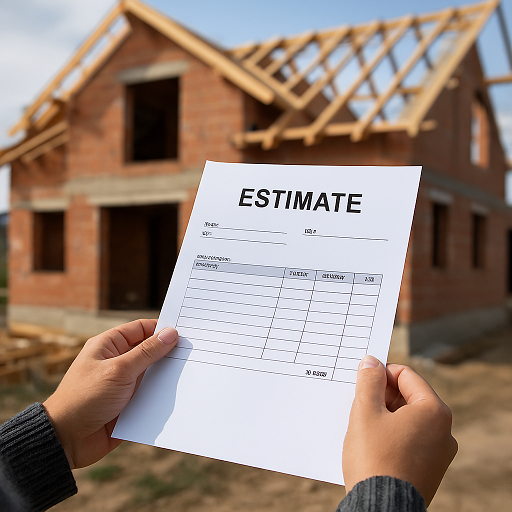Electric vs Solar vs Gas Geysers: Which One Saves You More?
- Deen Gabriel

- Oct 22, 2025
- 3 min read
Hot water is one of the biggest contributors to household energy bills in South Africa. With electricity prices climbing and load-shedding still a reality, more homeowners are considering alternatives to traditional electric geysers.

The three most common types are electric, solar, and gas geysers.
Each has its pros, cons, and costs.
Types of Geysers
Electric geyser:The traditional geyser found in most South African homes. It uses an electric element to heat a tank of water. It’s affordable to install but expensive to run in the long term.
Solar geyser:Uses solar collectors (flat-plate or evacuated tube) to heat water using sunlight. Most systems include an electric backup for cloudy days. Solar has a higher upfront cost but very low running costs.
Gas geyser:Heats water on demand using LPG or piped gas instead of storing hot water. It eliminates standby heat loss and provides hot water even during load-shedding.
Upfront Costs (Typical 2025 Estimates)
Type | Approximate Cost (Unit + Installation) |
Electric | R4,000 – R15,000 |
Gas | R4,000 – R10,000+ |
Solar | R12,000 – R25,000+ |
Installation costs can vary depending on home layout, distance from water points, and local installer rates.
Running Costs and Return on Investment
Electric geyser: A 150-litre electric geyser can use around 225–270 kWh per month. At an average tariff of R2.80 per kWh, that equals R630 to R750 per month. Over a year, that’s R7,500 to R9,000 just for hot water. With electricity prices expected to keep rising, the long-term cost adds up quickly.
Gas geyser: Gas geysers typically cut energy costs by 40–50% compared to electric geysers, depending on usage and gas prices. They are especially useful in areas with frequent power outages, but you need to factor in the ongoing cost of gas bottles or supply refills.
Solar geyser: Once installed, solar systems can provide up to 90% of a household’s hot water needs using free solar energy. Running costs are very low, usually just maintenance and a small amount of electricity for the backup element. While the upfront investment can be high, the system usually pays for itself within 5–10 years through savings on electricity bills.
Example Cost Comparison (Over 5 Years)
Type | Upfront Cost | Estimated Running Cost (5 Years) | Total 5-Year Cost |
Electric | R5,000 | R37,500 | R42,500 |
Gas | R8,000 | R15,000 | R23,000 |
Solar | R20,000 | R6,000 | R26,000 |
These figures are approximate and depend on actual household usage, tariffs, and installation quality.
Other Factors to Consider
Load-shedding: Gas and solar systems continue to operate during power outages.
Climate: Solar geysers perform best in areas with high sunshine levels.
Installation: Gas systems must be installed by certified professionals with compliance certificates. Solar systems require correct orientation and plumbing for maximum efficiency.
Maintenance: Solar systems need periodic cleaning of panels and inspection of valves. Gas systems require regular checks for leaks and burner efficiency.
Space: Solar collectors require roof space and good sunlight exposure, while gas units need safe ventilation.
Pros and Cons at a Glance
Type | Pros | Cons |
Electric | Low upfront cost, easy to install | High running cost, affected by load-shedding |
Gas | Fast heating, lower running cost, not affected by power cuts | Requires gas supply and certification |
Solar | Lowest long-term cost, eco-friendly, increases property value | High upfront cost, dependent on sun exposure |
Final Verdict
Electric geysers are best for short-term use or when upfront cost is the main concern.
Gas geysers offer a good balance between affordability and efficiency, ideal for areas with unreliable power.
Solar geysers are the most cost-effective long-term investment, especially for homeowners planning to stay in their property for several years.
With electricity tariffs continuing to rise, more South Africans are moving away from electric geysers toward solar and gas alternatives. The right choice depends on your budget, location, and how long you plan to stay in your home.






Comments